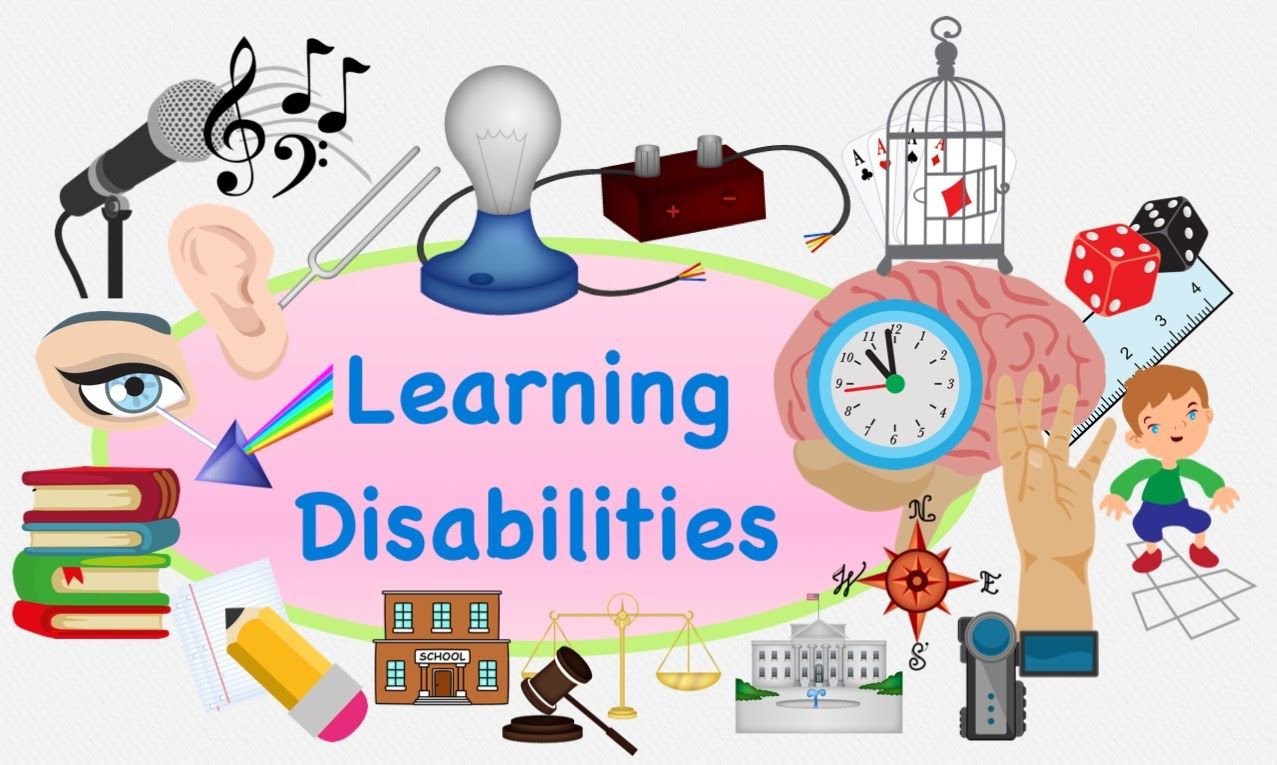Have you ever asked yourself why some students cannot do well academically while appearing to try as hard as their fellow pupils? Maybe, it is the fact that most do not deal with unaddressed learning disabilities in school. Finding the benefits of a learning disability assessment can be a game-changer that most people miss. This blog is going to delve deeper than diagnosis alone: how these assessments go further than this to improve academic performance. Keep reading; you will find actionable insights that can change a student’s educational path.
The Power Of Early Detection With A Learning Disability Assessment
The earlier the learning disability is detected, the more it can alter a student’s academic course. Imagine this: fifteen percent of the U.S. population has some form of learning disability, but only a few receive timely help. A learning disability assessment serves as that critical first step on this journey. It describes certain barriers to learning faced by children, from dyslexia to ADHD. This allows educators and parents to develop specific learning strategies to match the student’s particular needs. To illustrate, focused interventions may help boost reading accuracy by as high as 60% among dyslexic students. Again, it’s not merely achieving better grades; it’s unlocking that person’s full potential and leveling the playing field on an educational level.
Customized Learning Strategies
When a learning disability has been diagnosed, such is the time for the real magic with customized educational strategies. These customized strategies enable honoring diverse learning styles and requirements to prepare a bed of success. A child suffering from dyscalculia, a condition with difficulty with arithmetic, finds visual learning tools and hands-on activities more concrete when the abstract is treated. Technologically enabled schools with devices that range from speech-to-text programs to interactive software experience a new level of enthusiasm coupled with student understanding. This differentiated attention eliminates frustration and maximizes learning, making learning happier and more efficient.
Interconnected Collaboration and Support Networks
A learning disability evaluation is not only beneficial to the student; it encourages collaboration among teachers, parents, and therapists. This support network ensures that everyone understands the way and direction toward one outcome-improvement of their academic performance. Regular meetings and updates help adjust learning plans according to changing needs and monitor progress. It also assures the student that he has a team working behind him, thus building confidence and motivation. Don’t forget, after all, that much of what makes a suitable learning environment often hinges as much upon the atmosphere as the curriculum.
Technological Innovations and Learning Resources
Technological innovations have dramatically changed the support modality for students with learning disability assessment. From science to history, virtual reality is not only a tool for creating an immersive learning experience. The same app meant to help and organize can save a person with ADHD. They are more than just aid tools; they change the learning patterns and styles of students suffering from learning disabilities while helping them retain the details about the subjects. This can be achieved by making schools more inclusive, engaging, and effective learning environments that meet diverse needs.
Boosting Self-Awareness and Confidence
A learning disability assessment is not just a checklist for teachers but a discovery moment for the students. Once they know their special learning difficulties, students can develop a better self-awareness and ability to advocate for themselves. This knowledge turns out to be liberating. It enables students to realize that it’s not because they lack intelligence but how they process information. That alone can be a strong anchor for self-esteem. Learning that available strategies can be uniquely tailored to their learning style completely modifies their outlook on education. They approach learning activities with a completely different sense of confidence, knowing that some tools and approaches can help them succeed.
Building Inclusive Classrooms
Learning disability assessments represent a critical step for schools to build more inclusive classrooms. This level of inclusiveness ensures that a class full of diverse students, regardless of their ability to learn, holds great value and receives proper care. The inclusion of different learning needs with varied teaching methods, such as multimedia presentations, combine to make a class inclusive. Students with learning disabilities would benefit from this approach and improve their classmates’ learning experience. This kind of environment promotes acceptance and understanding among the students while at the same time invalidating any stigma that comes with learning disabilities. This means that everybody in that class learns how to respect the differences and the disparities among them, thus enhancing all learning.
Effects on Mental Health
Learning Disability Assessments benefit students beyond their level of performance in learning; they are bound to affect their mental health aspects as well. Furthermore, learning disability assessment often creates frustration, stress, and feelings of inadequacy in students, which can have knock-on effects on their mental health. Early identification will help reduce these problems because students will understand and be empowered with the resources needed to cope with and overcome the challenges. With suitable intervention, a student is less likely to develop mental health problems that may result from unidentified learning problems. But unless they feel supported and believe that their learning needs are being met, resulting in better mental health and overall positivity about school.
Long-term academic and career success
The Ripple of a learning disability assessment can extend beyond the years spent in school and set up long-term academic and career success. The early identification and accommodation of learning disabilities will enable students to face the additional challenges of higher education and career decisions with greater resilience and adaptability. It opens the way for these students to succeed in areas that would otherwise be inaccessible to them. More important, however, is that the skills acquired through tailored educational strategies — the ability to solve problems, become self-advocates, and adapt to different situations — are valuable in the workplace. These skills enable someone with a learning disability to overcome future issues.
Conclusion: A Step Towards Brighter Educational Futures
As the discussion unfolds, it is clear that learning disability assessments are not only assessments. It can significantly change the student’s experience and outcome based on an early learning disability diagnosis. Would you like to be sure that all children maximize their potential? Think of the vital difference that a learning disability assessment can make. It is not just about better grades; it is a matter of building a more inclusive, supportive, and effective learning environment.



